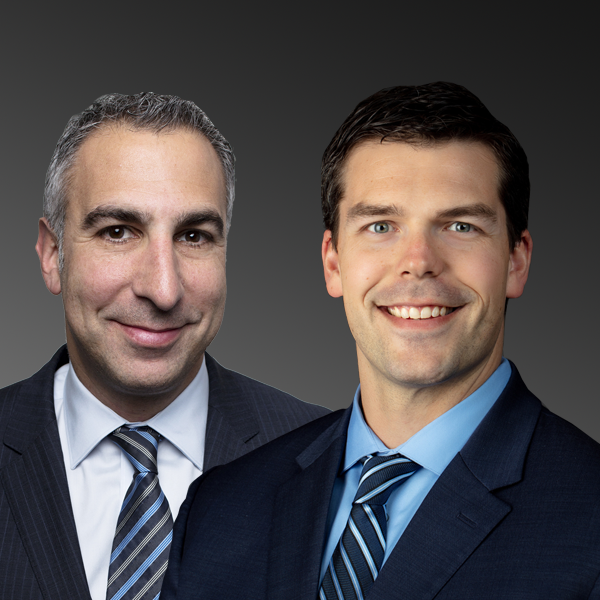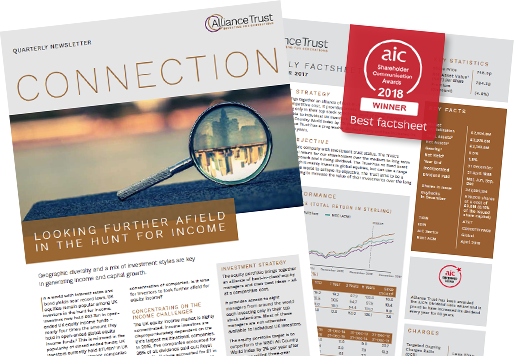Equity manager in the spotlight: Bill Kanko
Can Japanese air conditioning show the way for investors to navigate abnormal markets?
We are slowly coming towards the end of an extended period of abnormal conditions for asset classes, which has created one of the most difficult market environments in living history.
Monetary policy has been easy around the world since the 2008-9 financial crisis, with historically low – and even negative – interest rates. The Federal Reserve is only now looking to start unwinding its quantitative easing programme, the ECB has considered tapering, and while the Bank of England hasn’t yet hiked interest rates, it will not put this off indefinitely.
Low interest rates and quantitative easing are leaving a legacy of higher asset prices. This is evident in equity valuations globally. 2017 alone, for instance, has seen stock markets hit record highs on both sides of the Atlantic. This environment makes it more difficult for investors to unearth quality stocks that have been undervalued by the market.
“Our approach is to look at the fundamentals of a stock, identifying quality “winning” companies that are worth more than other investors believe.”
Finding opportunities by connecting the dots
Despite this backdrop, there are opportunities out there. Our approach is to look at the fundamentals of a stock, identifying quality “winning” companies that are worth more than other investors believe. We are not looking to speculate; we are buying businesses, not pieces of paper, looking five to ten years down the line. We start with an idea first, a company that may match our criteria, then we put together different pieces of information to provide a new insight about a company, how it is run and its future profitability, that may have been overlooked by other investors. I like to call this “connecting the dots”. This then is followed up by the detailed due diligence process.
We seek out companies that are “winning businesses”; those quality companies that are leaders in their field, possess a strong value proposition and are gaining market share. Competent, shareholder-friendly management is vital to a winning business, as is investment in research and development – a factor which may be leading to earnings being currently understated. With these components assessed, we can take a view on how scalable a business’ proposition is, its potential for long-term growth, and finally, judge whether it has been undervalued by the market.
The net result for investors is not only a long-term, high-conviction investment approach, but it means our portfolio is eclectic, bearing little resemblance to any global index.
A winning business: Daikin
Daikin, the Japanese air conditioner manufacturer, is a great example of finding a winning company. As a sector, air conditioner manufacturing is growing well above GDP globally, and it still has a relatively low penetration in developing markets. Daikin is well positioned within this expanding market. Its systems are environmentally friendly and eco-efficient. The company has built scale globally in the last 12 years or so, building production bases in multiple locations, as well as sales and service capability. It is able to leverage market-leading technology, developed in Japan, across other markets around the world, gaining share against competitors.
Looking to the future
As we come towards the end of this cycle of record low interest rates, I expect more volatility in the short term. Historically, volatility has actually worked to our advantage, serving up buying opportunities for companies that we have identified, so it’s not a source of considerable concern. While we may see some unpredictability in markets in the short term, I am confident about the long-term prospects of our investments.
Find out more about Bill Kanko’s investment approach:
Biography:
Bill Kanko is Founder and President of Black Creek Investment Management. He was the lead manager for the Trimark Fund and Trimark Select Growth Fund, with combined assets of more than $13bn.
Investment style: Black Creek’s approach is to look five to ten years ahead and find stocks “across the cap spectrum”. Its approach is long term and contrarian.
Sign up for the latest from Alliance Trust







